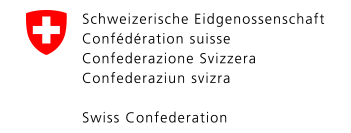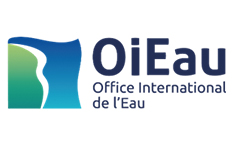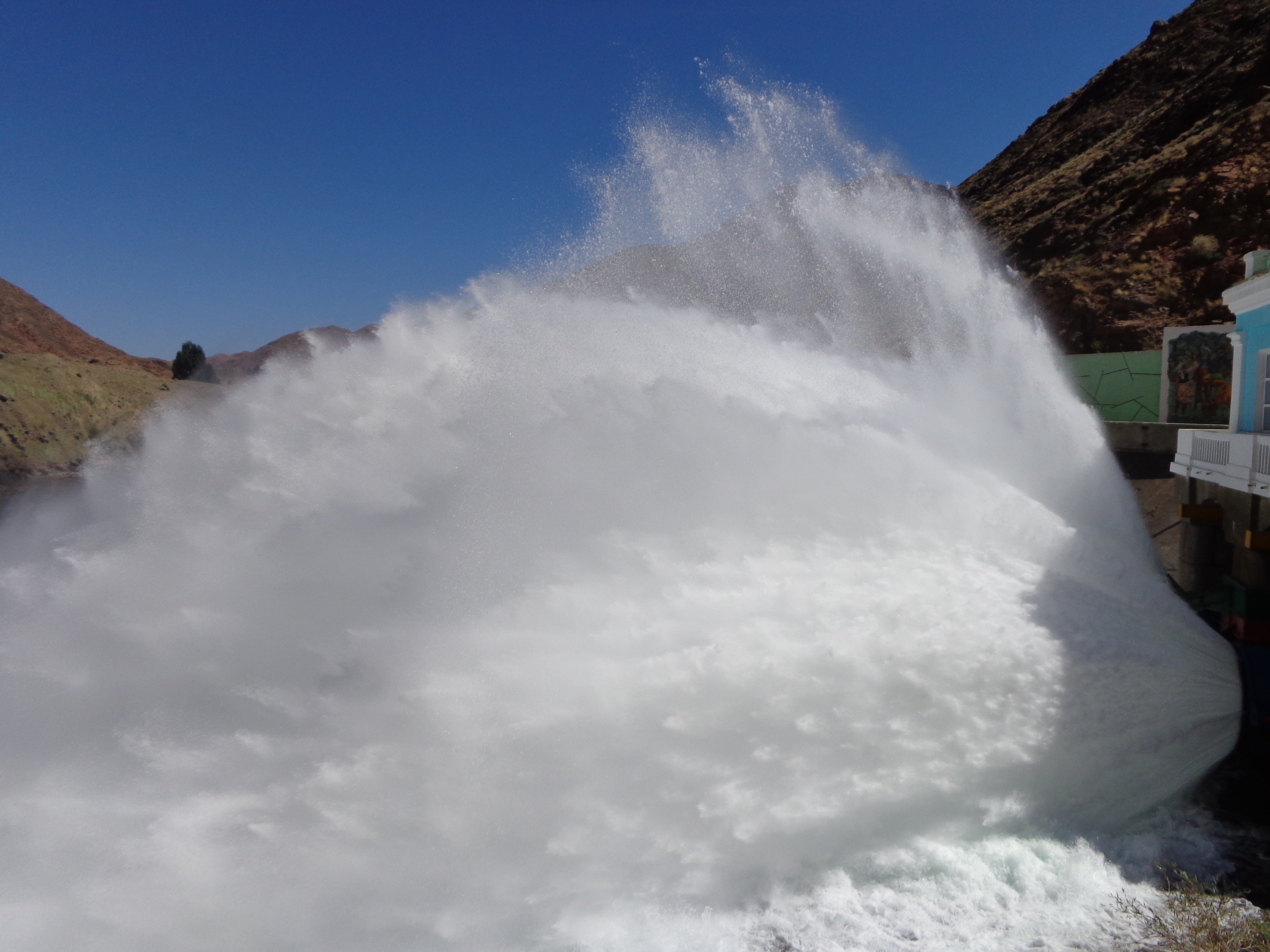Project presentation
Kyrgyzstan’s rivers, lakes, and groundwater face increasing pressure from agricultural and industrial water use, a growing population, and the impacts of climate change and shrinking glaciers. Scarce water resources, combined with weak monitoring and the lack of water permits, challenge confidence in how water is managed.
The project “Water Use Permits in Kyrgyzstan” aims to turn the 2025 Water Code innovations into practice, building lasting rules and trust. It focuses on ensuring water permits and fees operate effectively within a supportive environment shaped through river basin planning and committees, and on establishing a water accounting system where water is monitored, valued, and shared sustainably.
Running from August 2024 to July 2028, the project is funded by the Swiss Agency for Development and Cooperation (SDC) with a budget of CHF 2.17 million / EUR 2.33 million. It is led by the International Office for Water (OiEau, France), with Swiss (Hydrosolutions GmbH) and Kyrgyz consultants as partners.
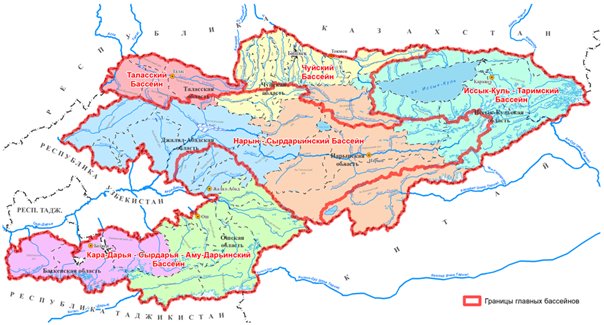
Expected outputs
- Kyrgyzstan moves towards rational and sustainable water use, where water is properly valued, monitored, and shared among users, people and the environment.
- A modern system for water accounting and permits is enforced across all sectors.
- River basin committees bring different water users together to plan, monitor, and resolve conflicts.
- Ministries have clearer rules and better data to ensure water is allocated more fairly.
- Farmers and industries are encouraged to use water more efficiently, with their efforts supported through reinvestment of revenues from water fees.
Project Structure
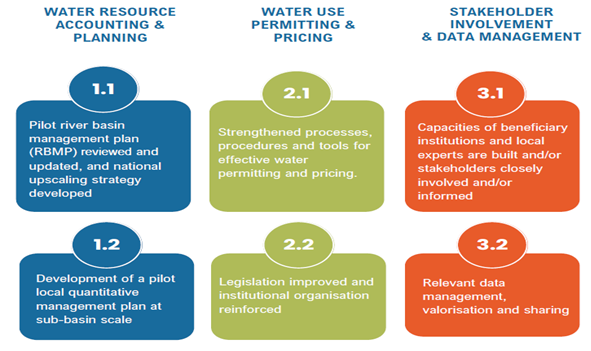
Our partners
